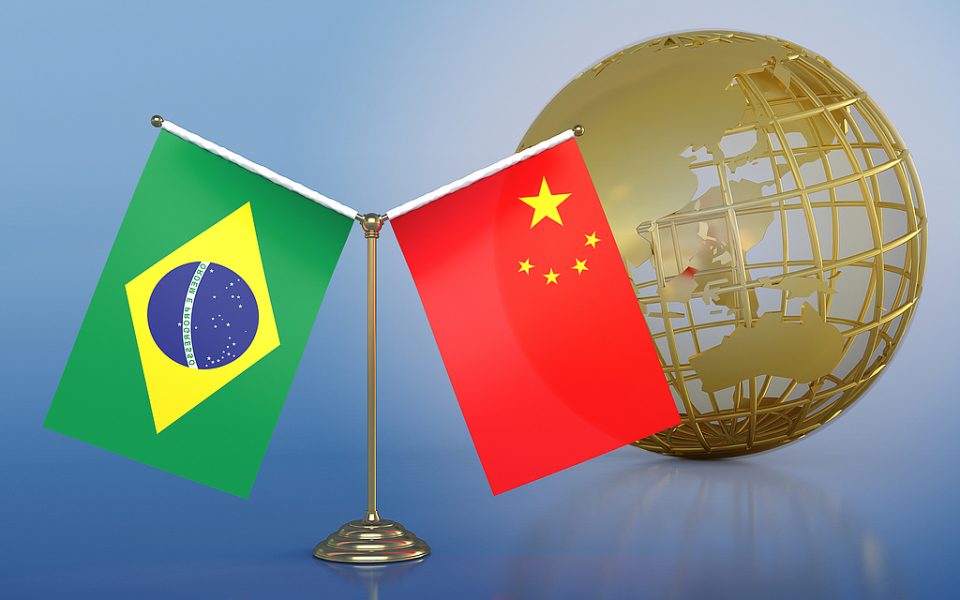As trade tensions and regulatory challenges increase in the United States and Europe, Chinese companies are increasingly turning their attention to Brazil as a new frontier for growth and investment. This strategic pivot reflects a broader trend of Chinese firms seeking markets with fewer trade barriers and regulatory hurdles, aiming to sustain their international expansion.
China’s growing interest in Brazil comes amid heightened tariffs and intensified scrutiny on Chinese businesses operating in Western economies. The U.S. and European Union have implemented measures that complicate market access for Chinese companies, including tariffs and increased oversight, which have made these regions less attractive for expansion. In contrast, Brazil offers a large consumer base and a more welcoming environment for Chinese investors, making it a natural alternative.
Brazil’s market potential is significant for Chinese firms. The country’s expanding middle class and demand for infrastructure and technology align well with the strengths of many Chinese companies, particularly in sectors such as telecommunications, e-commerce, and manufacturing. By focusing on Brazil, Chinese businesses can avoid some of the geopolitical risks and trade frictions that have become common in their dealings with Western markets.
This shift is also reflected in the stock market activities of many Chinese companies listed abroad, as they adapt with operational strategies to navigate these changing global dynamics. The broader market environment is encouraging Chinese firms to explore new geographic opportunities.
The move towards Brazil is not without challenges. Companies must navigate Brazil’s own regulatory environment, currency fluctuations, and local competition. However, the relative ease of market entry compared to the U.S. and Europe, combined with Brazil’s growing economy, presents a compelling case for Chinese investors.
This trend highlights a significant realignment in global business strategies. As Chinese companies recalibrate their international priorities, Brazil emerges as a key market that could benefit from increased foreign investment and technology transfer. For investors and market watchers, this development signals shifting patterns in global trade and investment flows, with emerging markets playing a more prominent role in the strategies of major Chinese enterprises.
Chinese companies are redirecting their focus to Brazil in response to the increasing tariffs and regulatory scrutiny they face in the U.S. and Europe. This shift underscores Brazil’s growing importance as a destination for Chinese investment and reflects broader changes in the global economic landscape.

